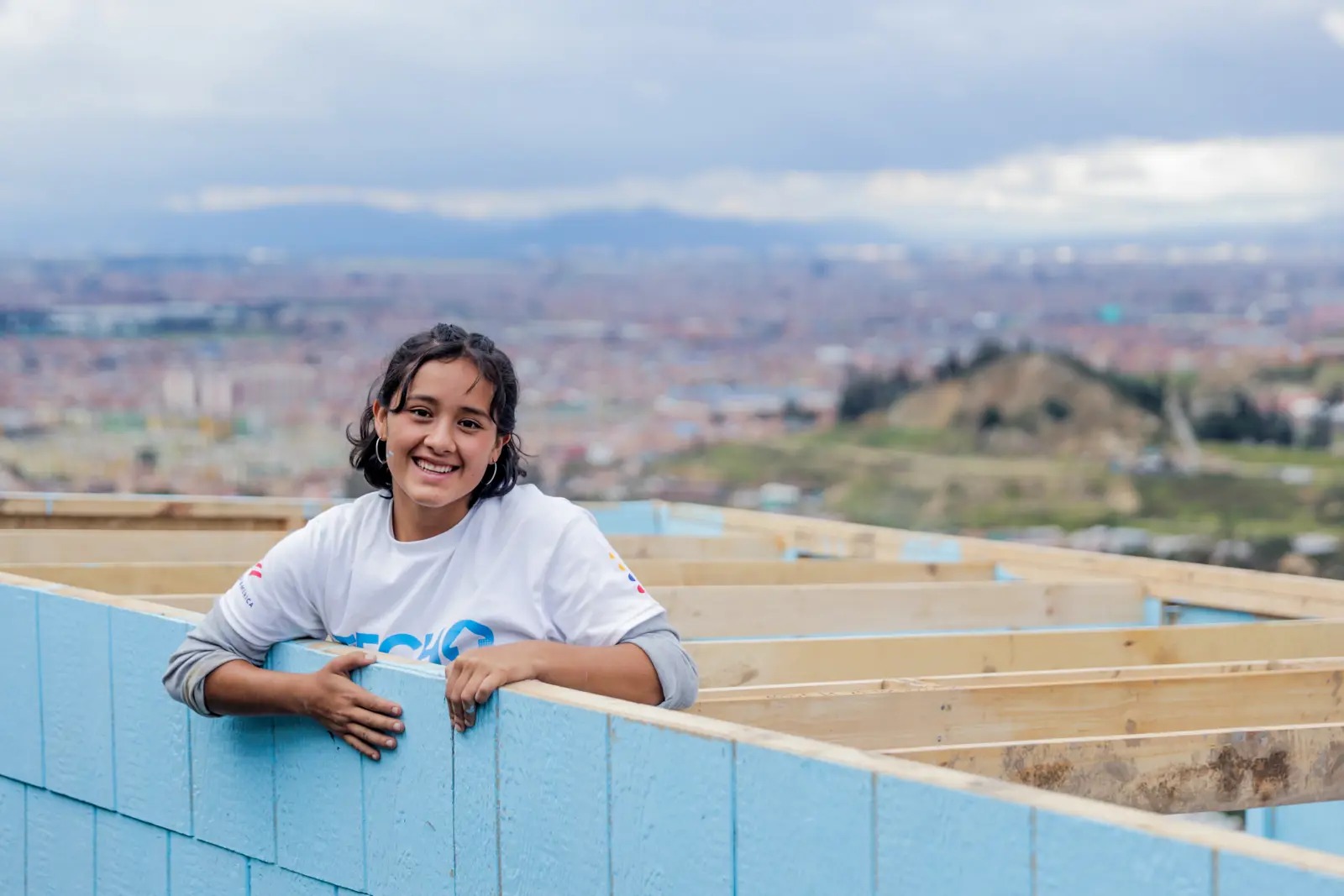Yearbook Highlights Acceleration of Climate Action and Progress in People-Centered Initiatives
A report released this week by the COP30 Presidency shows advances in the economy. The document also highlights progress in initiatives that are transforming the daily lives of communities around the world

The 2025 Yearbook of Global Climate Action, published this week, shows that climate implementation is gaining global scale. The report was produced by the Climate High-Level Champions Team, in partnership with the COP30 Presidency and the United Nations Framework Convention on Climate Change (UNFCCC). It indicates that cities, businesses, governments, and communities have expanded their efforts to reduce emissions, strengthen resilience, and drive a more inclusive, low-carbon economy.
The data reveals important progress: installed renewable energy capacity has more than doubled since 2015; resilience initiatives already reach 437 million people; and more than 150 global coalitions have reported results. There has also been a 420% increase in transparency compared to last year. At the same time, the document warns of urgent gaps in health, adaptation, biodiversity, and financing for vulnerable countries.
The UN High-Level Champions — responsible for bridging society, governments, the private sector, cities, communities, and investors — emphasize that implementation only advances when science, innovation, and social justice work together to turn climate commitments into concrete action. According to COP29 High-Level Champion Nigar Arpadarai, “the real economy must advance guided by equity.” COP30 High-Level Champion Dan Ioschpe stresses that the moment demands broad collaboration: “The spirit of collective effort defines what we want to achieve at this conference.”
At the same time, the more than one hundred Plans to Accelerate Solutions presented in Belém offer opportunities capable of tangibly transforming people’s lives. For example, the Belém Health Action Plan strengthens health systems to respond to heatwaves and extreme events. The Future Fuels Action Plan, within the Belém 4X Commitment, sets out 20 cross-sectoral actions to quadruple the use of sustainable fuels by 2035. The plan focuses on creating demand, ensuring transparent carbon accounting, and developing infrastructure to expand global production of sustainable fuels in hard-to-decarbonize sectors such as aviation, shipping, steel, and cement.
Another initiative is the Acceleration Plan for Solutions in Public Procurement in High-Impact Sectors to Drive Climate Action and a Just Transition, which — together with the Belém Declaration on Sustainable Public Procurement — commits the multi-trillion-dollar global public procurement market to act as a driver of climate action.
Finally, the plan also addresses land tenure security for Afro-descendant communities, strengthening governance, conservation, and territorial rights. The goal is to regularize 1 million hectares of territories in Latin America and the Caribbean by 2028 and to strengthen up to 100 territorial and environmental management projects to promote sustainable development, nature protection, and greater community autonomy.
COP30 emerges as a decisive opportunity to turn the momentum of the real economy into robust national policies. The call is clear: align ambition, financing, and implementation so that climate action produces concrete results in the lives of millions of people.
